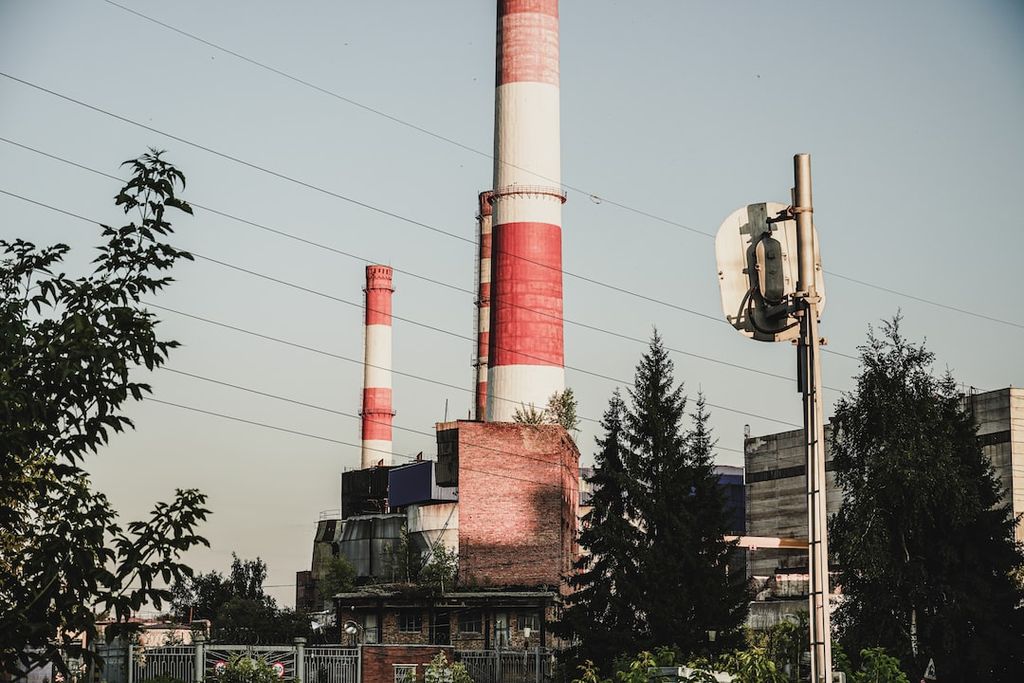Navigating non-payment in industrial electrical equipment production can be a complex and challenging task. With various factors contributing to non-payment and the potential legal and regulatory considerations, it is crucial for businesses in this industry to have a solid understanding of the non-payment landscape. In this article, we will explore the common challenges faced in industrial electrical equipment production, the factors that contribute to non-payment, and the legal and regulatory considerations to keep in mind. We will also discuss effective strategies to mitigate non-payment risks, including establishing clear payment terms and conditions, implementing robust credit control measures, and utilizing payment security mechanisms.
Key Takeaways
- Understanding the non-payment landscape is crucial for businesses in industrial electrical equipment production.
- Common challenges in this industry include delayed payments, non-payment disputes, and cash flow issues.
- Factors contributing to non-payment include economic downturns, financial instability of buyers, and contractual disputes.
- To mitigate non-payment risks, businesses should establish clear payment terms and conditions upfront.
- Implementing robust credit control measures, such as credit checks and credit limits, can help minimize the risk of non-payment.
Understanding the Non-Payment Landscape
Common Challenges in Industrial Electrical Equipment Production
Industrial electrical equipment production faces several common challenges that can lead to non-payment. These challenges include complex supply chains, fluctuating market demands, and financial dynamics.
Factors Contributing to Non-Payment
Non-payment in industrial electrical equipment production can be caused by various factors. Understanding these factors is crucial for mitigating the risks associated with non-payment. Some common factors contributing to non-payment include:
- Late or delayed payments
- Disputes over quality or performance
- Financial difficulties faced by buyers
- Changes in project scope or specifications
- Lack of communication or miscommunication
To minimize the impact of these factors, it is important for manufacturers to establish clear payment terms and conditions, implement robust credit control measures, and utilize payment security mechanisms. By taking proactive steps to address these factors, manufacturers can reduce the likelihood of non-payment and protect their business interests.
Legal and Regulatory Considerations
When dealing with non-payment in industrial electrical equipment production, it is important to consider the legal and regulatory landscape. Understanding the jurisdiction and the options available can help protect your business. In case of non-payment, professional debt recovery services can be utilized to recover the funds owed. These services involve filing a lawsuit on your behalf for all monies owed. If litigation fails, the case will be closed and you will owe nothing to the recovery firm or the affiliated attorney.
Mitigating Non-Payment Risks
Establishing Clear Payment Terms and Conditions
When it comes to establishing clear payment terms and conditions in industrial electrical equipment production, there are several key considerations to keep in mind. It is important to ensure that both parties are on the same page and understand their obligations. Here are some important points to consider:
Implementing Robust Credit Control Measures
To effectively manage non-payment risks, it is crucial to implement robust credit control measures. These measures help ensure timely payment and minimize financial losses. Here are some key steps to consider:
Utilizing Payment Security Mechanisms
Implementing payment security measures is crucial in mitigating non-payment risks in industrial electrical equipment production. By utilizing payment security mechanisms, manufacturers can protect themselves from potential financial losses and ensure timely payment for their products and services.
Mitigating non-payment risks is crucial for businesses to maintain a healthy cash flow and financial stability. At Debt Collectors International, we understand the challenges that businesses face when dealing with delinquent accounts. Our team of experienced debt collectors is dedicated to providing effective debt collection solutions that are tailored to your specific needs. Whether you are a small business or a large corporation, we have the expertise and resources to help you recover outstanding debts. Don’t let non-payment risks hinder your business growth. Contact Debt Collectors International today and let us help you get back what you are owed.
Frequently Asked Questions
What are the common challenges in industrial electrical equipment production?
Common challenges in industrial electrical equipment production include supply chain disruptions, quality control issues, and project delays.
What factors contribute to non-payment in this industry?
Factors contributing to non-payment in industrial electrical equipment production include economic downturns, financial instability of buyers, and contractual disputes.
What legal and regulatory considerations should be taken into account?
Legal and regulatory considerations in industrial electrical equipment production include contract law, intellectual property protection, and compliance with safety regulations.
How can non-payment risks be mitigated?
Non-payment risks can be mitigated by establishing clear payment terms and conditions, implementing robust credit control measures, and utilizing payment security mechanisms.
What are some examples of clear payment terms and conditions?
Examples of clear payment terms and conditions include specifying payment due dates, penalties for late payment, and payment methods accepted.
What are payment security mechanisms?
Payment security mechanisms are measures taken to ensure payment, such as letters of credit, bank guarantees, or escrow accounts.





